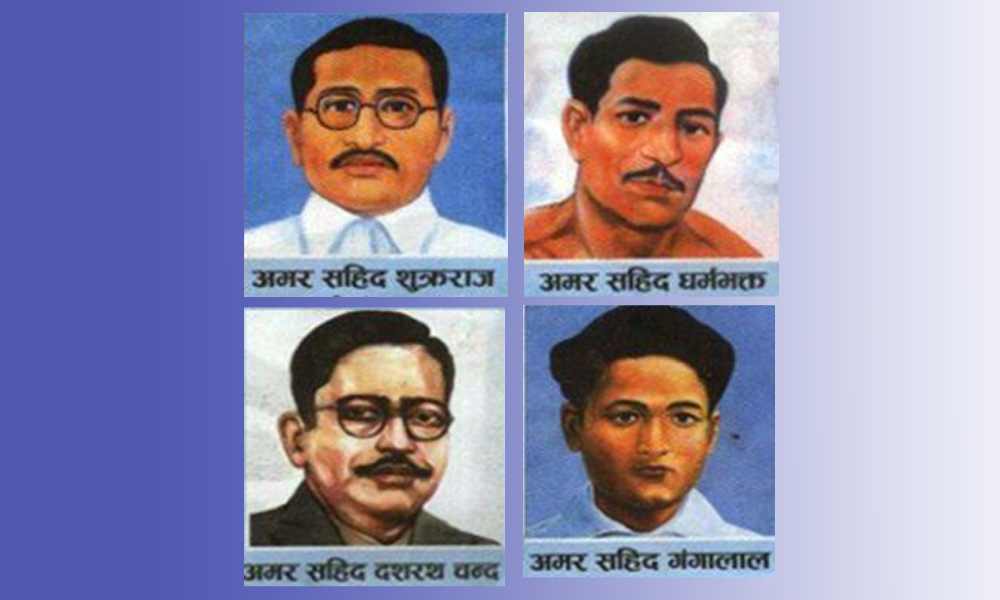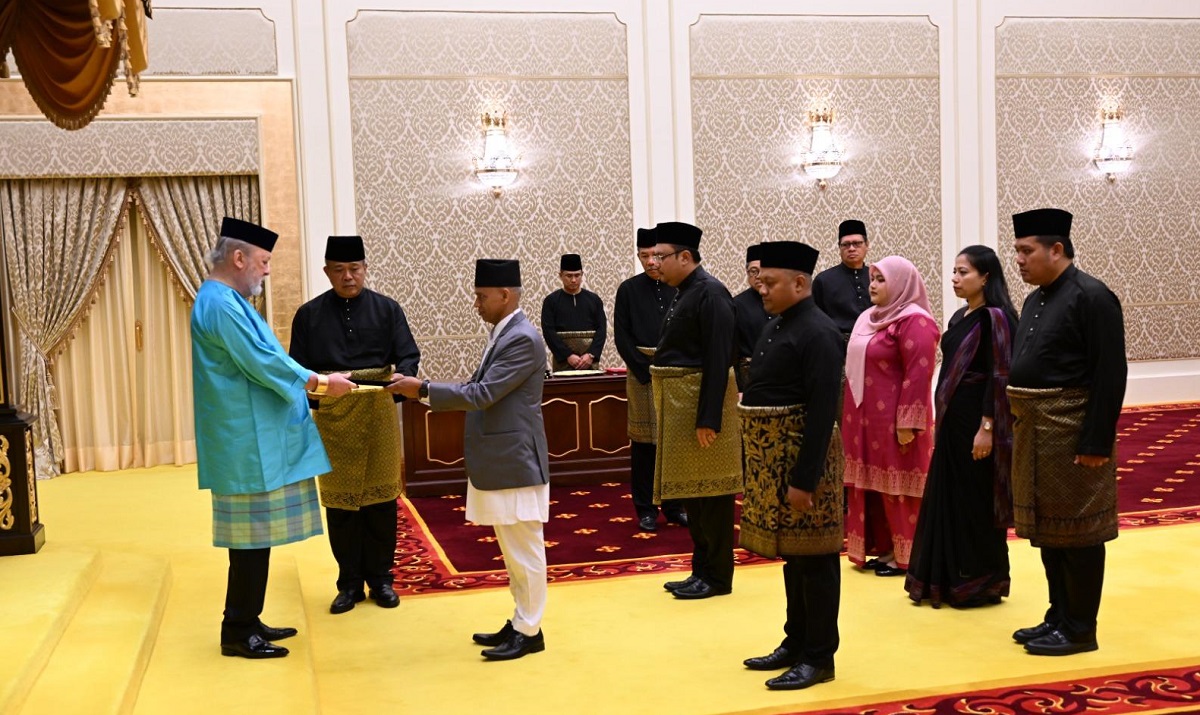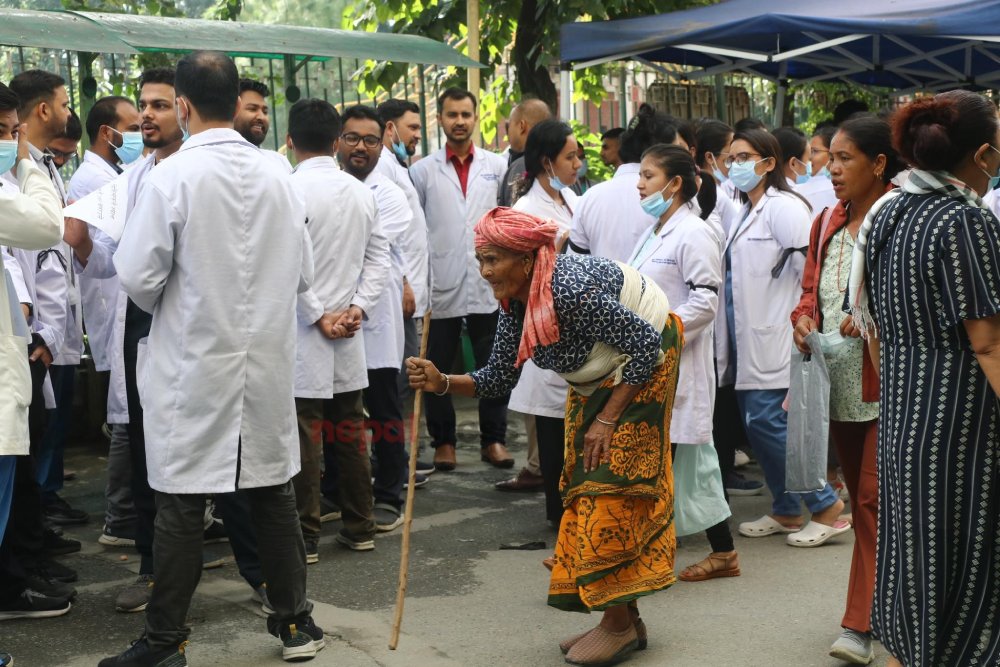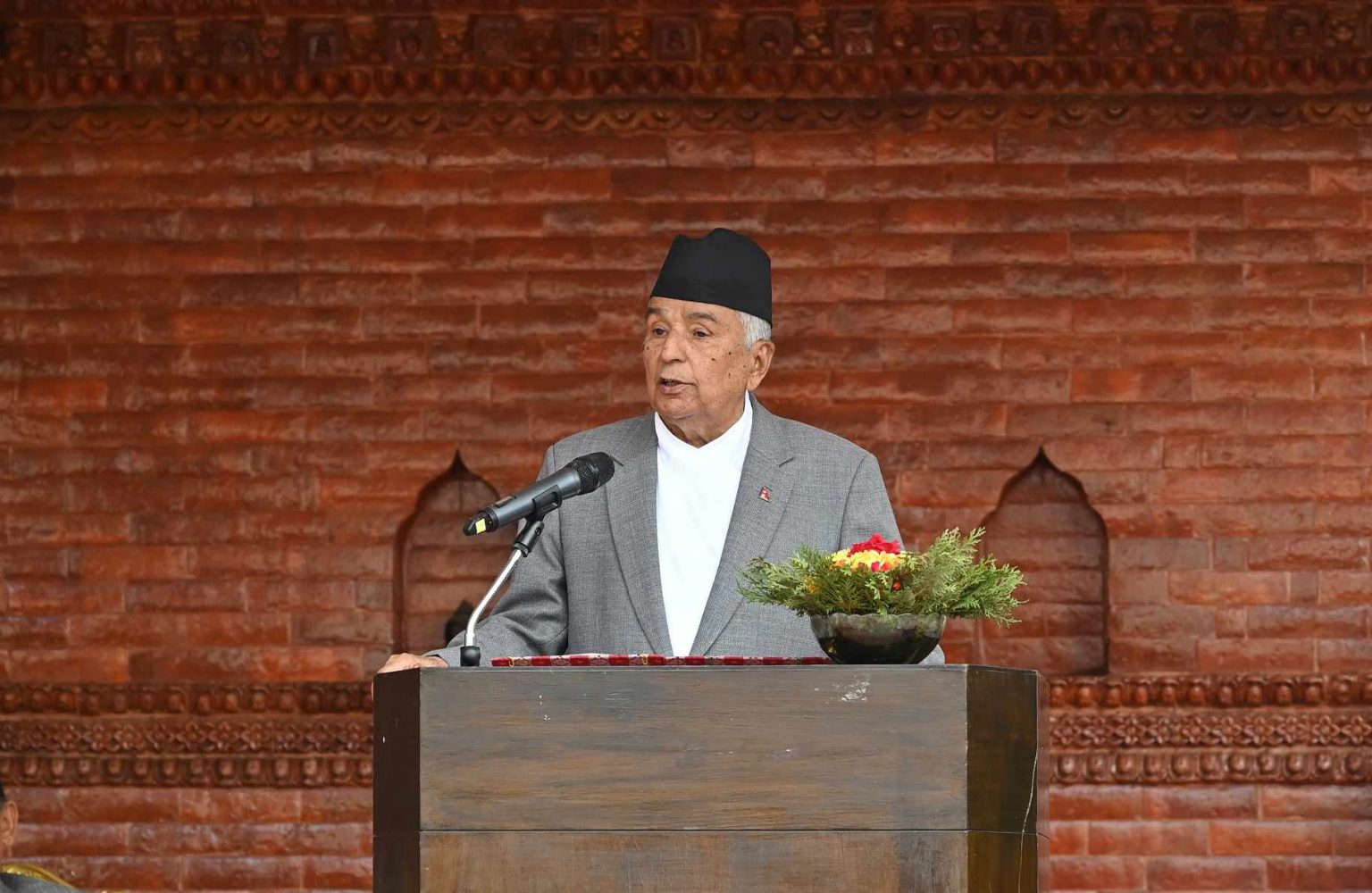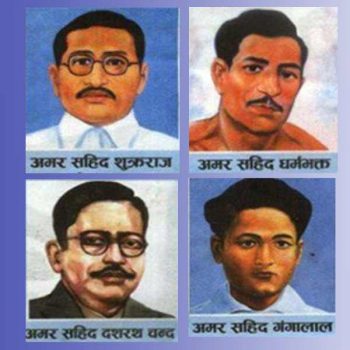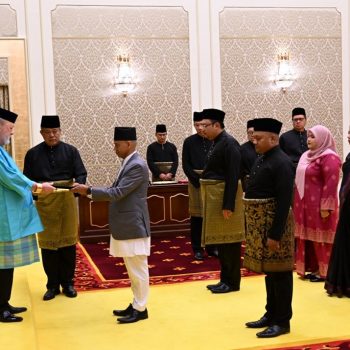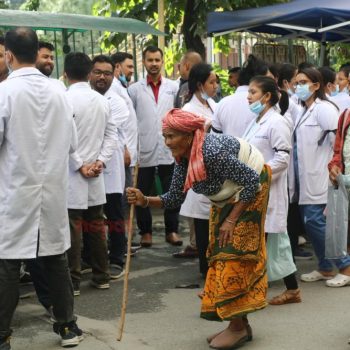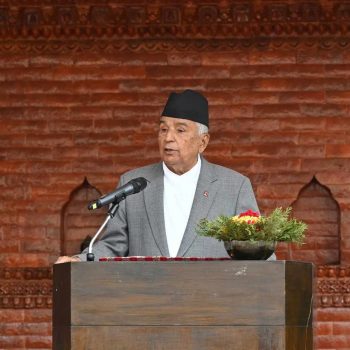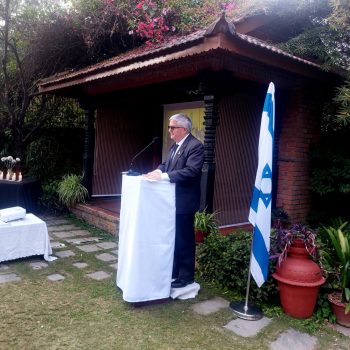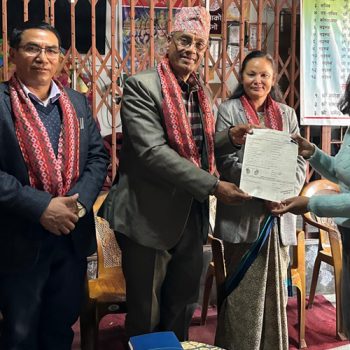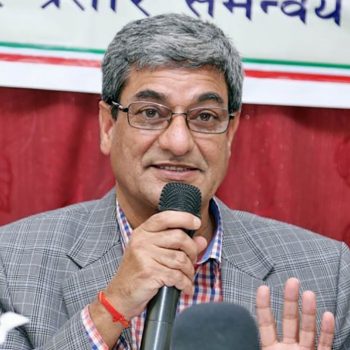“Gap between health services of developed and underdeveloped countries should be addressed”
 NepalPress
NepalPress

NEW YORK: Prime Minister KP Sharma Oli has said that the disparity in health services between developed and underdeveloped countries should be ended.
As a result of this disparity, it has been challenging for underdeveloped countries to provide equal health services for all.
Addressing a program organized by Mount Sinai Hospital and AMPATH Nepal in New York today, Prime Minister Oli, who is in New York to attend the 79th UN General Assembly, said that despite the vast improvements in science and technology underdeveloped countries are facing challenges in the field of health infrastructure. “There is disparity in health care and infrastructure between rich and poor countries. Due to financial constraints, the people of poor countries are not able to get easy and quality healthcare services”, he said,
The Government of Nepal is working with the goal of providing basic healthcare services to all by according top priority to the health sector. We look forward to international cooperation and partnership towards this end.
Prime Minister Oli said that the Healthy Nepal campaign has been conducted to prevent people from falling sick rather than treating them after they fall ill, and said that the campaign is part of the national aspiration of ‘Prosperous Nepal, Happy Nepali’.
On the occasion, Prime Minister Oli also pointed out to the fact that before the development of modern medicine in the world the ancestors of Nepal developed traditional and Ayurvedic treatment methods, which are still in use today.
Nepal has made significant improvements in the health sector including bringing down the maternal and child mortality rate but due to inadequacy of resources the health infrastructure has not been developed as much as expected. “Despite gradual improvement in Nepal’s health sector with the implementation of Sustainable Development Goals, the partnership of the international community is necessary for modern and infrastructure-equipped health services”, he said, “I would like to thank Mount Sinai Hospital for its collaboration with Kathmandu University and Dhulikhel Hospital in training, research and resource mobilization to support Nepal’s health sector,” Oli said.
Also speaking at the program, Research Director of Dhulikhel Hospital, Dr Rajeev Shrestha, shared with more than 70 percent of deaths in Nepal caused by non-communicable diseases, AMPATH is working to enhance specialist services in the treatment of diseases related to heart, kidney and of cancer.
The AMPATH Consortium is a network of academic health centers that aims to foster long-term, equitable and cross-cultural partnerships with host health centers and universities that serve populations with significant unmet needs. Each institution brings their own perspective and provides its own opportunities for medical trainee exchange programs and hands-on education, in the US, Canada and across the globe, according to AMPATH Nepal website.


